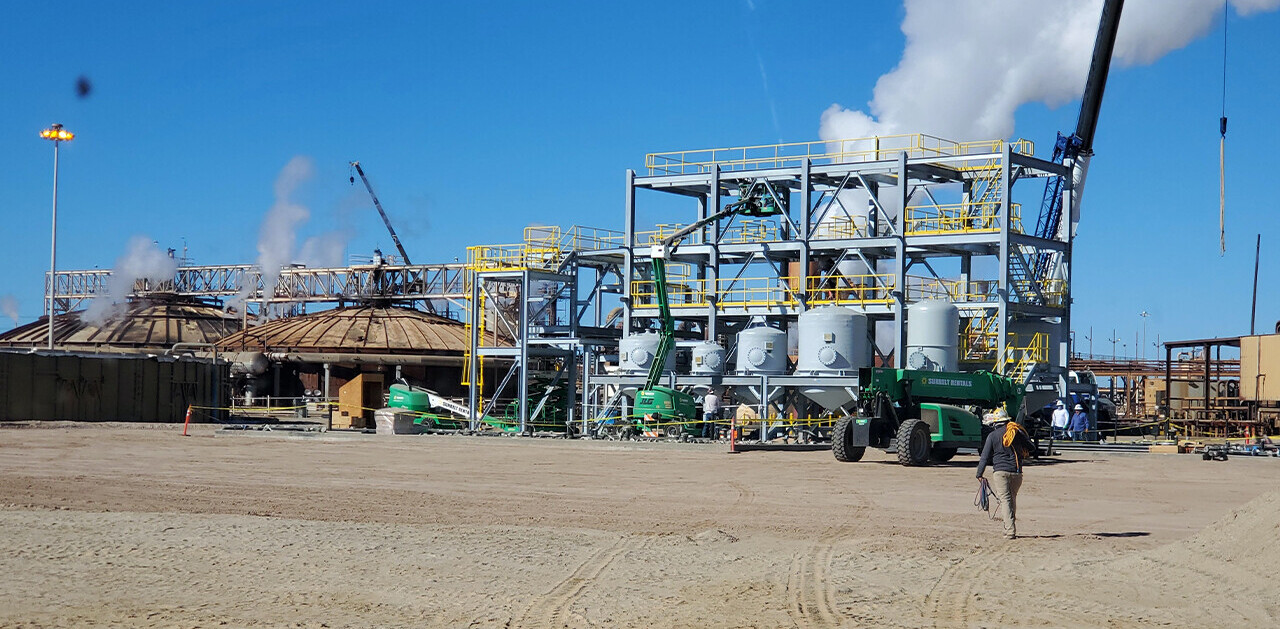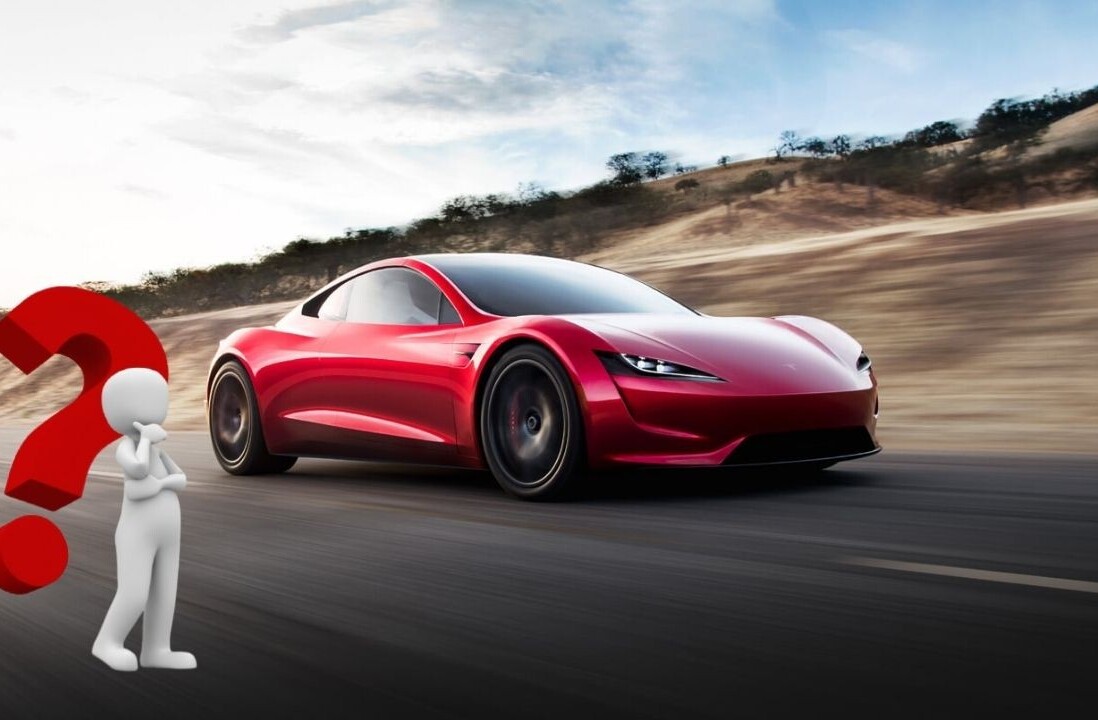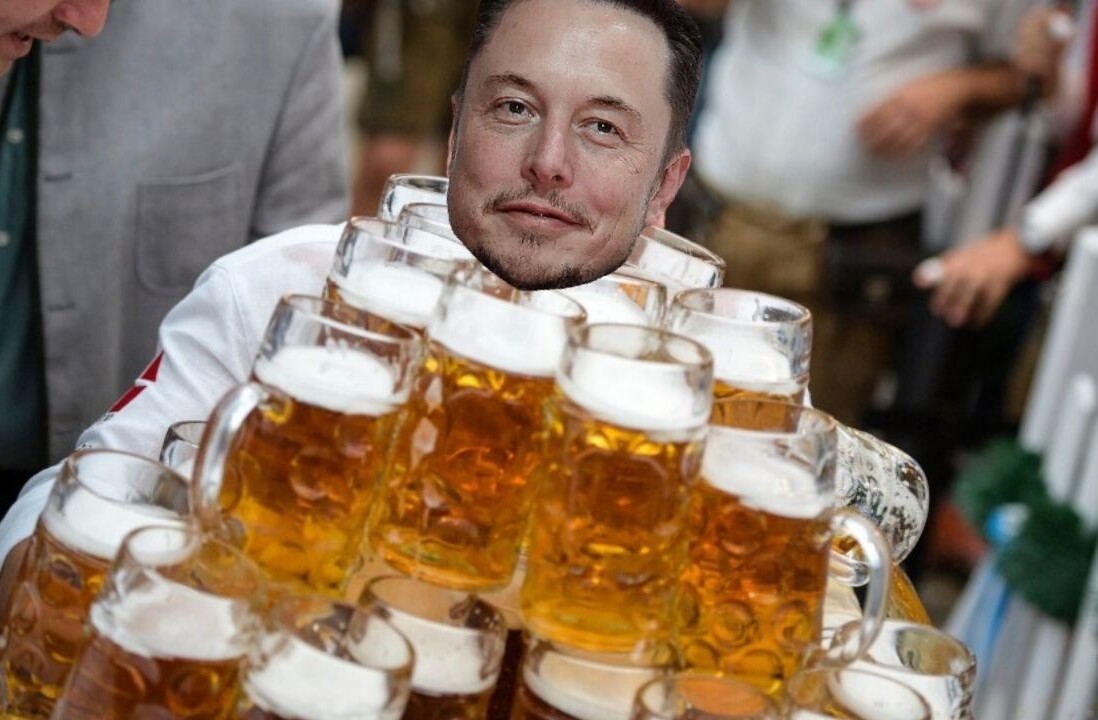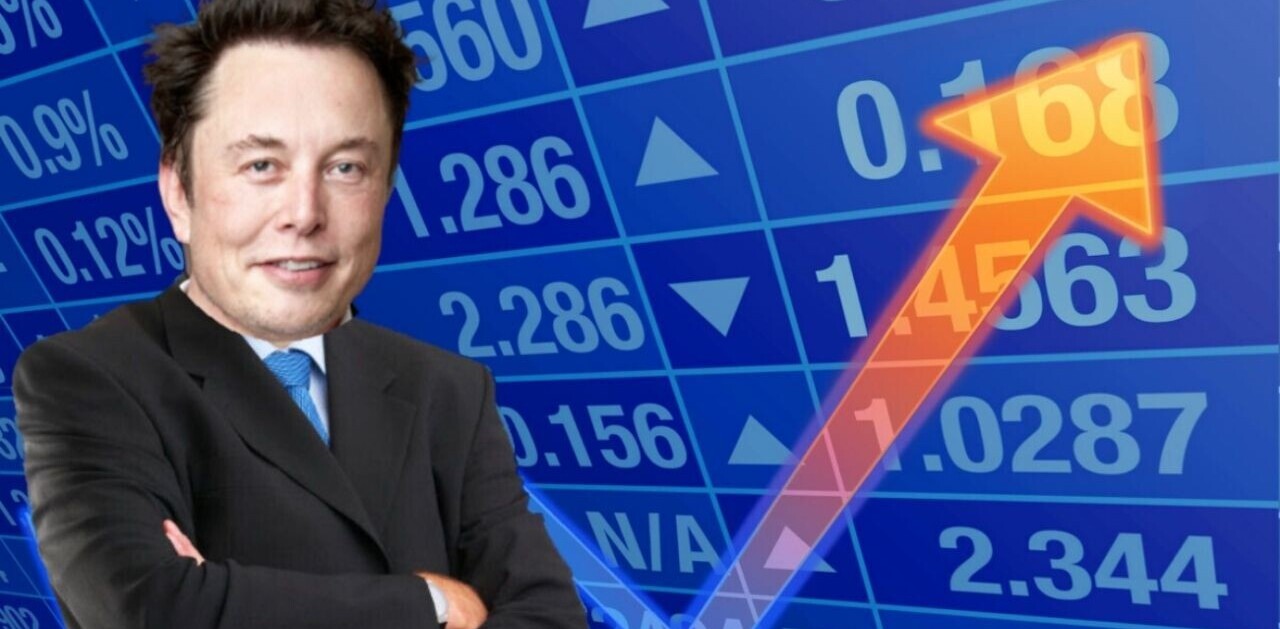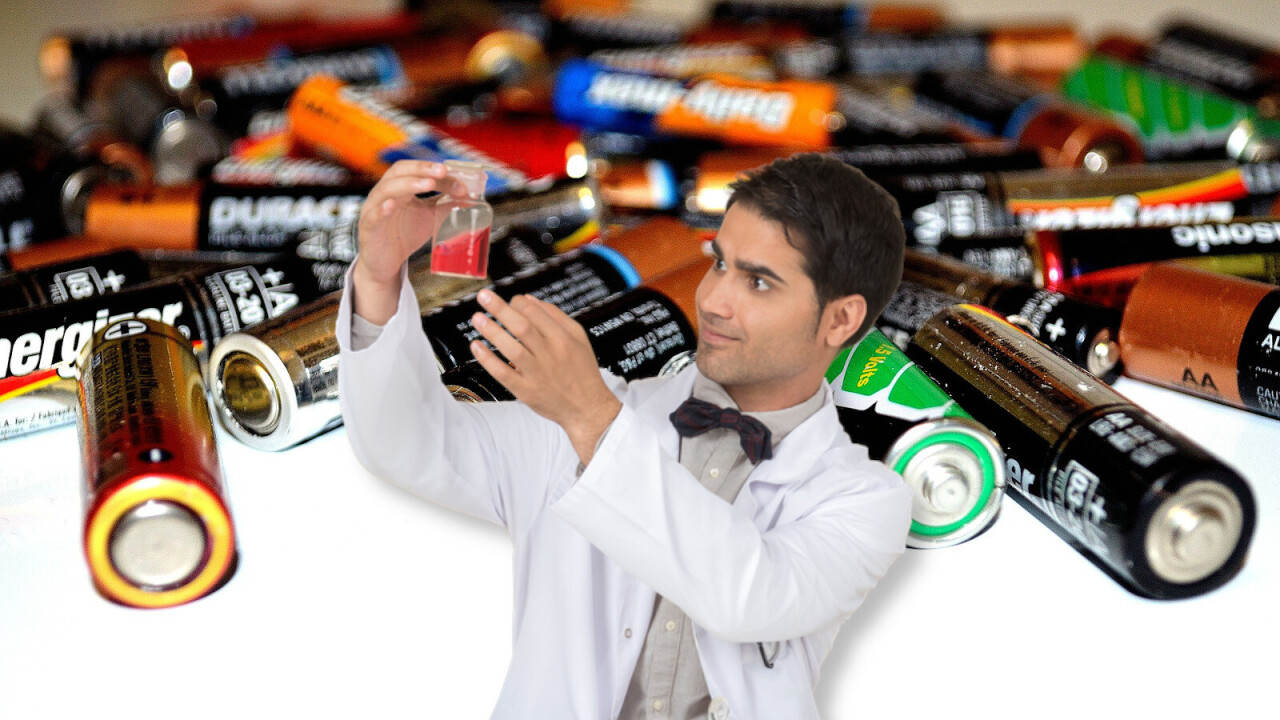
Batteries are some of the most expensive components of an electric vehicle. Anything that can make them cheaper is a good thing for the consumer. If one of the latest breakthroughs pans out, scientists may have made a good step forward towards making that a reality.
Researchers at Washington State University and Pacific Northwest National Laboratory have reportedly developed a Sodium-ion based battery that can perform as well as Lithium-ion type batteries, that are found in everything from smartphones to Teslas, SlashGear reports.
[Read: Polestar plugs into pan-European charging network to make EV road trips easier]
The breakthrough, published in the journal ACS Energy Letters, makes for potential battery technology using abundant and cheap materials. Researchers on the project have reported one of the best results to date for a sodium-ion battery, saying it can maintain more than 80% of its charge after 1,000 charging cycles. The only downside seems to be that Sodium-ion batteries don’t quite have the energy density of their Lithium-ion counterparts.
Lithium-ion batteries are made using rare materials like Lithium and Cobalt. Extracting these materials from the Earth presents economic and environmental challenges. However, Sodium is one of the most abundant resources, some 2.8% of the planet is made up of it. On the other hand, just 0.0029% of the planet is made up of Cobalt and just 0.0007% of is Lithium.

There are also numerous ethical concerns surrounding the mining of rare earth materials like Lithium and Cobalt. The World Economic Forum called the Cobalt mining industry a “human rights failure.” EV makers are aware of this, though. Tesla for example files a yearly “conflict minerals” report with the Securities and Exchange Commission outlining the efficacy of its rare materials supply chain.
Pivoting to a material that is abundant in the ocean could let nations source materials more ethically and closer to home.
According to an announcement on Eurekalert, the scientists are now working to refine their battery and better understand how its individual components interact.
The researches’ lead author, Junhua Song, said: “If we can find viable alternatives to both lithium and cobalt, the sodium-ion battery could truly be competitive with lithium-ion batteries.”
There’s a long way to go yet. The Sodium-based battery in question appears to only be a coin cell battery big enough for a watch. Maybe someday, assuming this tech is successful, we’ll see it in bigger applications like EVs and ebikes.
Get the TNW newsletter
Get the most important tech news in your inbox each week.
